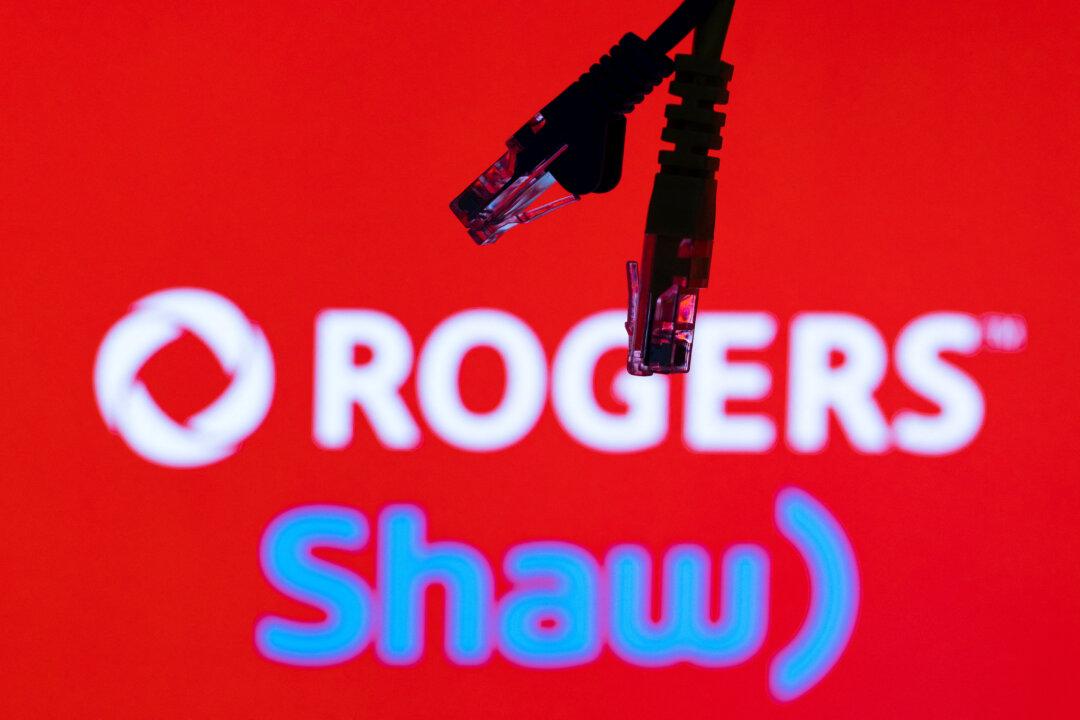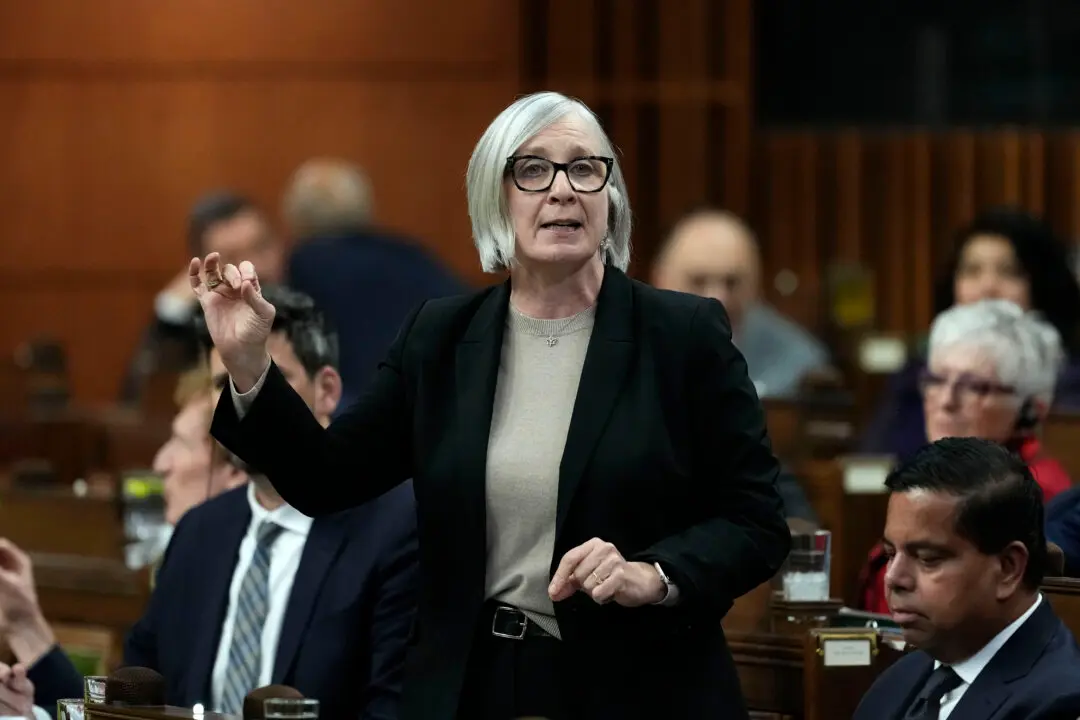A Canada federal judge called into question the competition bureau’s argument to block Rogers Communications Inc’s C$20 billion ($14.9 billion) bid for Shaw Communications Inc as the court hearing kicked off on Tuesday.
The proceeding in a Federal Court of Appeal in Ottawa is the antitrust bureau’s latest attempt to kill the deal, saying the transaction will lessen competition in Canada’s telecoms industry, which has some of the highest mobile bills in the world.





